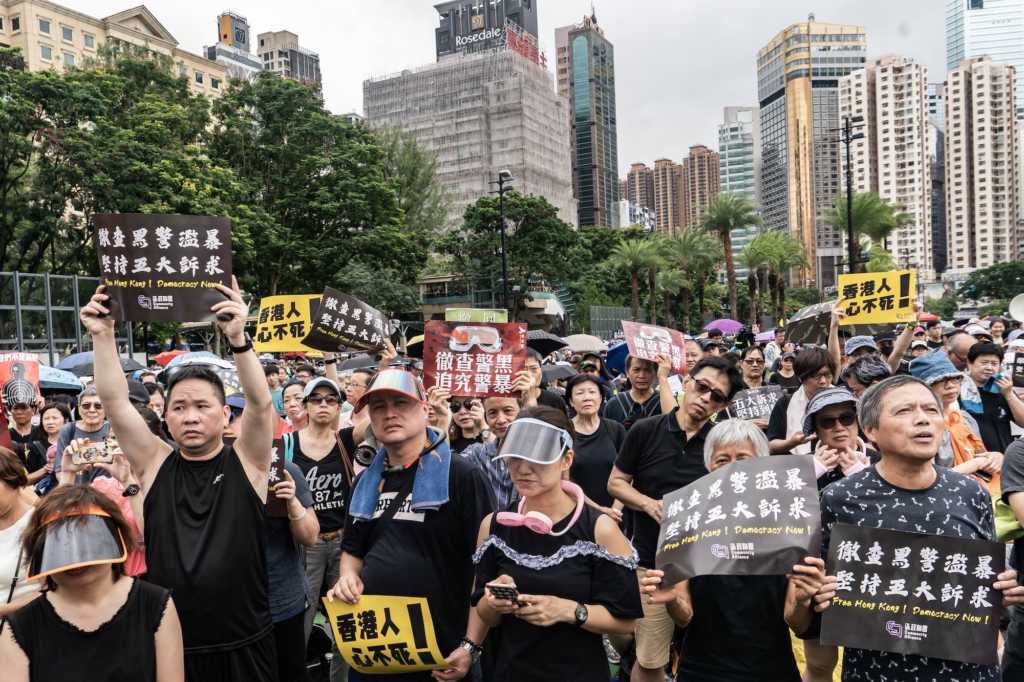Religious persecution is not a byproduct of mainland China — it’s a fixture, and now the people of Hong Kong could soon find themselves victims of it.
Hong Kong is currently locked in a bitter and violent dispute with the People’s Republic of China, whose regime has continued to reach further and further into the former British colony, which was ruled by Britain for 156 years until 1997, at which point the people of Hong Kong were allowed to begin living freely and independently in a capitalistic society until 2047 as part of a (somewhat confusing) “one country, two systems” model.
The friction between Beijing and Hong Kong heated up earlier this summer, when chief executive Carrie Lam approved an extradition bill that would allow Hong Kong to detain and transfer people wanted in countries and territories with which it doesn’t have formal extradition agreements, including Taiwan and mainland China. While Lam has suspended the controversial bill, she has indicated she has no plans to withdraw it completely.
It’s worth noting the European Union has this week called on Hong Kong’s leadership to withdraw completely from the extradition bill.
But as protests continue and opposition ratchets up, the Chinese government, a communist regime, has vowed to intervene with “no leniency or mercy for the protesters.” Beijing has even labeled the pro-democracy demonstrators “terrorists.”
If mainland China is successful in undoing the “one country, two systems” agreement, it’s likely religious liberty will be among the first freedoms to crumble. The Pew Research Center has tapped China as the fifth most religiously oppressive nation on the globe.
Although the People’s Republic of China does claim on paper to allow the free practice of Buddhism, Taoism, Islam, Catholicism and Protestantism, the government’s actions suggest quite the opposite.
Last year, for example, Chinese authorities demolished Zion Church in Beijing, one of the largest unofficial congregations in the communist nation, and then passed the bill on to the pastor, Jin Mingri.
“Before, as long as you didn’t meddle in politics, the government left you alone,” the pastor said at the time of the destruction. “But now, if you don’t push the communist party line, if you don’t display your love for the party, you are a target.”
“Of course we’re scared; we’re in China,” he continued. “But we have Jesus.”
And earlier this year, the country reportedly detained some one million Muslims, holding them in “political education” camps, which by the looks of it are nothing more than detention camps.
Christian groups — schools, hospitals, advocacy organizations — have flourished in Hong Kong. They make up a rich part of the culture there, given the Protestant movement first arrived in Hong Kong in 1841.
But all of that is in jeopardy now.
Religious liberty is a bedrock of Hong Kong. Religious persecution is foundational to mainland China. Christians around the world must continue to pray for wisdom for those in power as the battle between the two competing ideals rages on.



